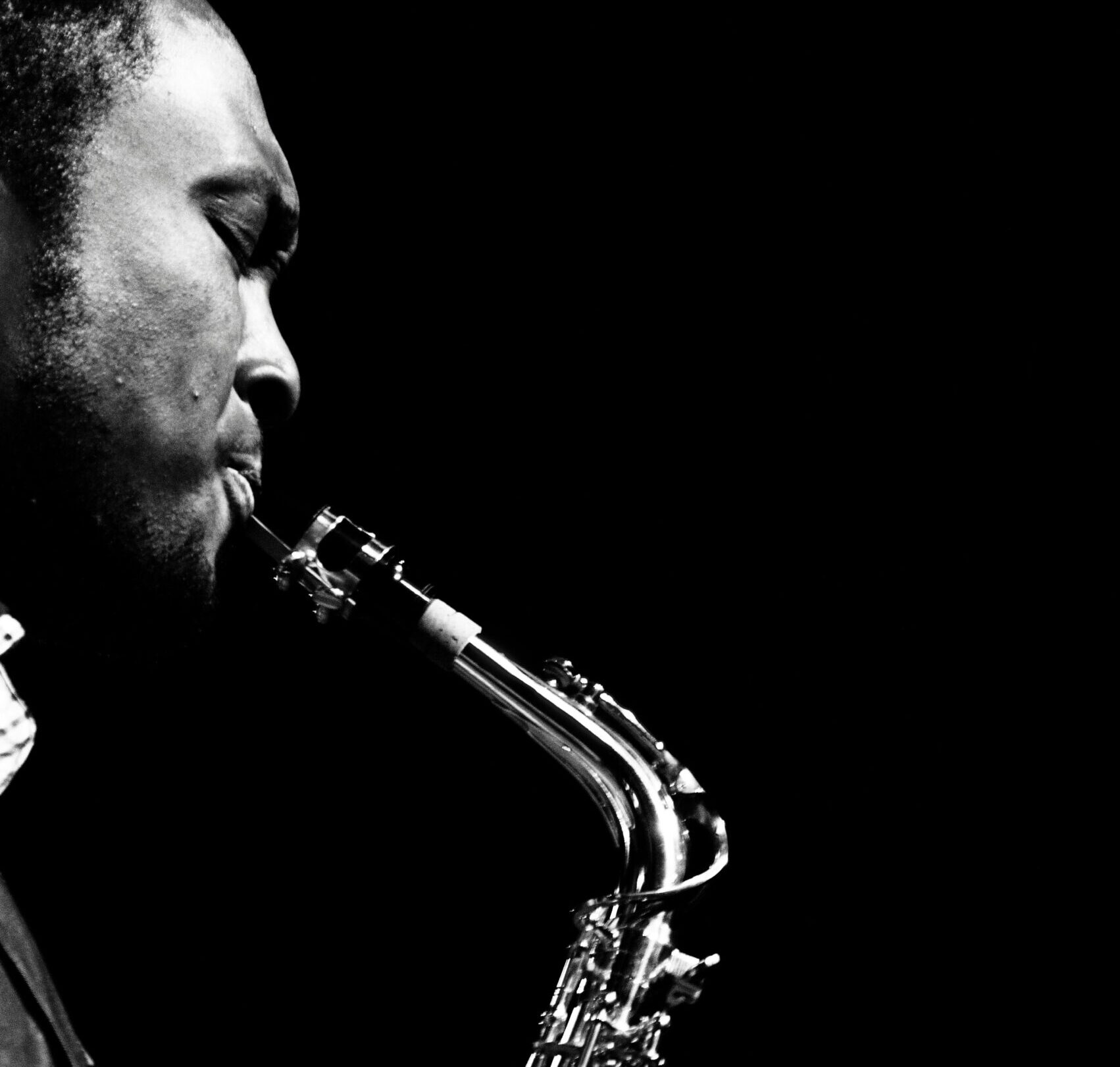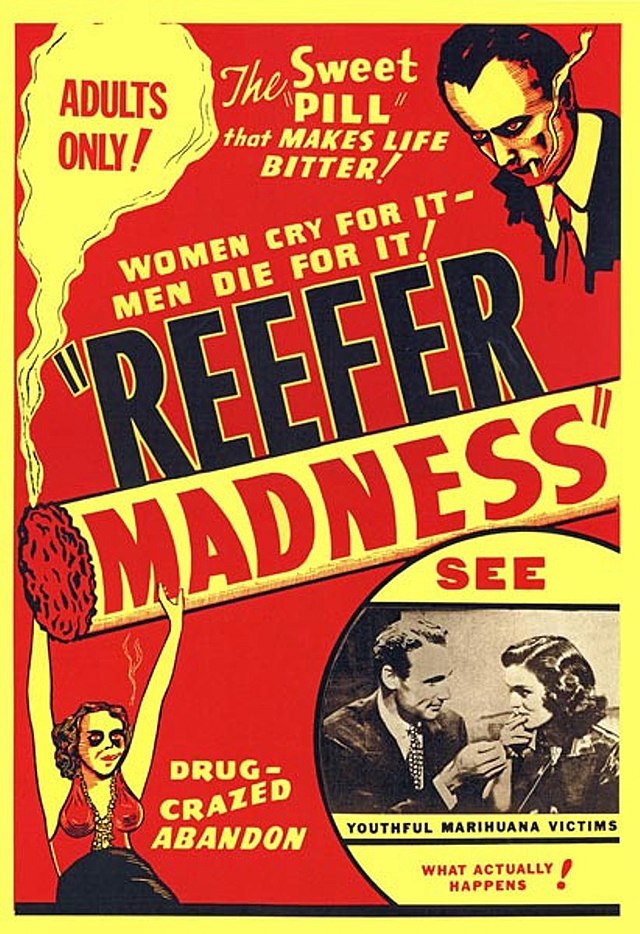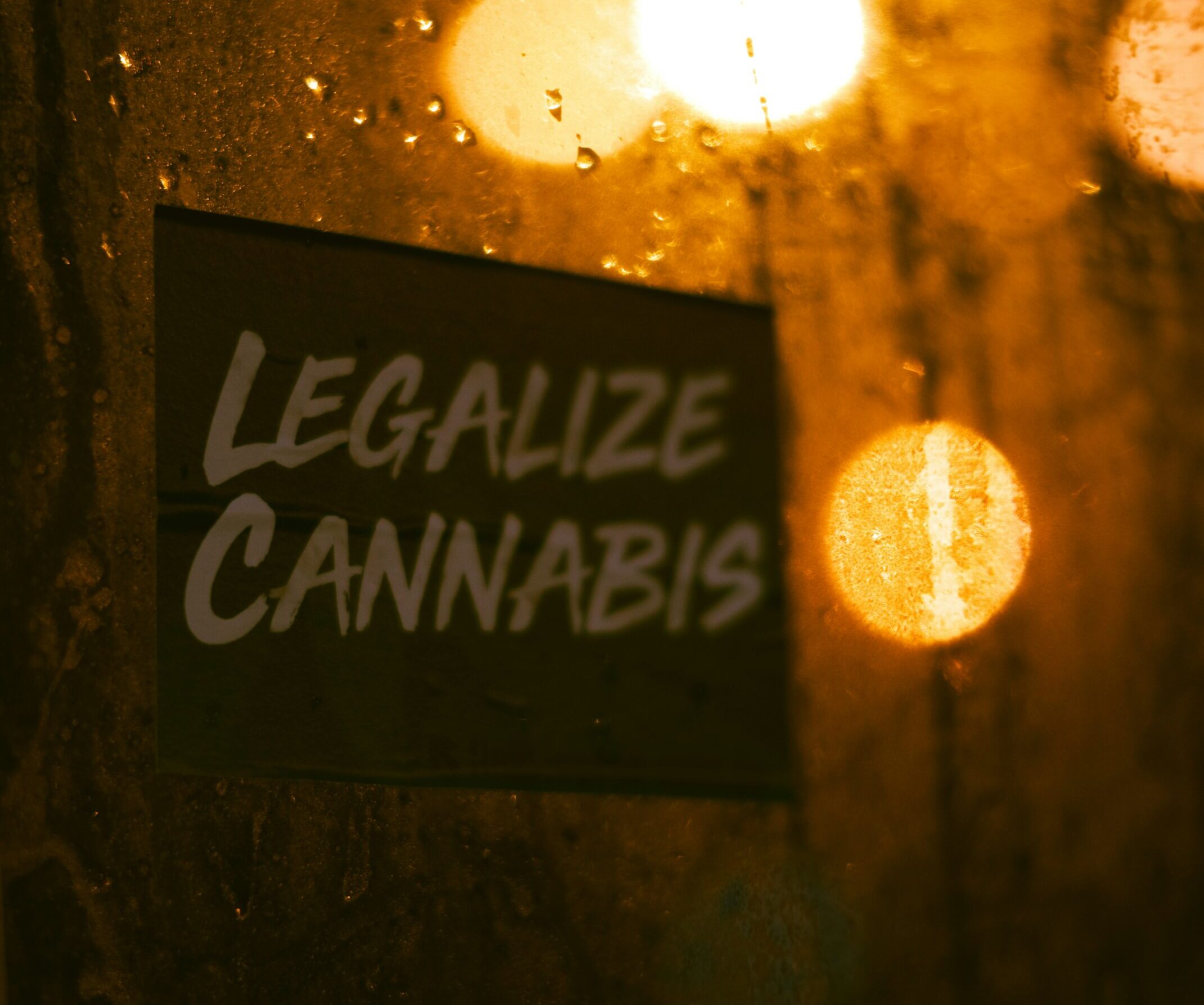Black History Month is recognized every year as a way to acknowledge the struggle that black Americans have had to endure and to celebrate their vibrant and diverse culture. Cannabis and the cannabis industry in America has long been intertwined with black culture and black history.
So in honor of Black History Month we want to recognize the vital contributions that the black community has made to the cannabis industry and all of the ways that black culture has influenced cannabis culture.
Cannabis’ Journey to America
It’s thought that cannabis cultivation originated in eastern Asia, but through travel and trade it began to spread to other parts of the world as well.
By the 1600’s, when we were starting to see the rise of European colonialism, cannabis cultivation was happening in various cultures across the globe, one of which being India.
We see it travel from India to the Caribbean as Europeans brought indentured servants from there to Jamaica. Cannabis was then integrated into culture there before it finally ended up on American shores by way of Caribbean workers and immigrants coming to the US in the early 1800’s.
Cannabis and Jazz Music
We not only see the Caribbean influence in the black community’s adoption of cannabis but we also have it to thank for the birth of one of America’s first homegrown art forms, jazz music. Therefore it’s no surprise that the usage of cannabis and jazz are historically intertwined.

Many famous jazz musicians such as Louis Armstrong, Cab Calloway, and Ella Fitzgerald created music that featured cannabis and likely used it themselves. In fact, the use of cannabis was very popular in the prohibition-era jazz clubs
This connection between cannabis and jazz, a historically black dominated genre, helped to cement marijuana as part of black culture.
Reefer Madness and the Criminalization of Cannabis
Up until the early 1900’s, there were no restrictions on the cultivation and usage of cannabis. However, in 1930 the Federal Bureau of Narcotics (FBN) was created and began using propaganda based in racism, to demonize marijuana and its users.
With its connections to the predominantly black jazz scene, as well as, the growing Mexican immigrant community in America, the FBN was able to cast cannabis as a dangerous drug that made people violent and unstable.
The final nail in the coffin was the release of the propaganda film “Reefer Madness” in 1936 that depicted the use of cannabis as causing violent and “immoral” behavior. About a year later the Marihuana Tax Act of 1937 was passed, which effectively outlawed the possession or sale of cannabis.

This all set the stage perfectly for Nixon’s War on Drugs and the Controlled Substances Act which further demonized cannabis users and outlawed cannabis entirely, classifying cannabis as a Schedule I substance (meaning it’s highly addictive, with no medical uses).
The War on Drugs disproportionately affected people of color, with black communities seeing a significant portion of the damage that it caused.
It was later confirmed in a 1994 interview with a member of the Nixon administration, that the criminalization of cannabis was a tactic used to target the black community, which they considered to be a political adversary.
However, by that point, the damage had been done. The demonization of cannabis was inextricably linked to the black community and policies like mandatory sentencing made sure that they were disproportionately punished.
Legalization Efforts and the Fight for Equity
Despite the rather imposing opposition, there are people both within the cannabis community and outside of it that are fighting to legalize marijuana, as well as, repair a broken system that is built on racism and bigotry.
There are a number of organizations that are advocating that the legalization of cannabis include measures to remove things like mandatory sentencing and and even reduce the sentences of drug possession for non-violent offenders.

As we work toward a better system and more just laws, it’s important to remember that many of these efforts have been led by members of the black community and to erase their involvement is to erase most of the history and culture of cannabis in the United States.
We at NatureMed are proud and excited to be celebrating and commemorating Black History Month! If you’re looking to support some Black-Owned Cannabis brands, might we suggest Tree Junkee or Hello! Live Resin.
If you’re looking to get involved in legalization or criminal justice reform efforts, you may want to check out organizations like NORML or the Last Prisoner Project which have information on how you can help both locally and nationally!